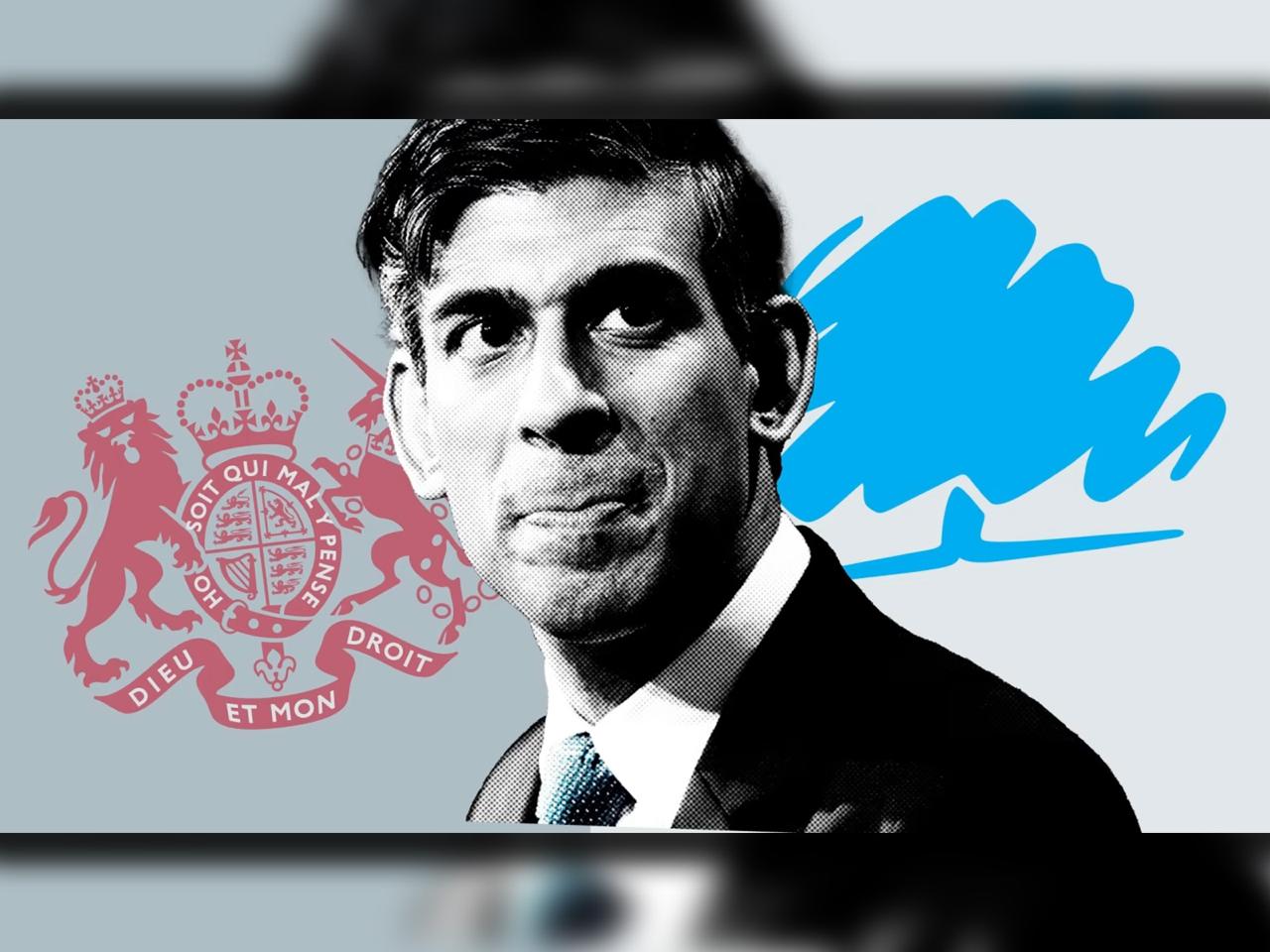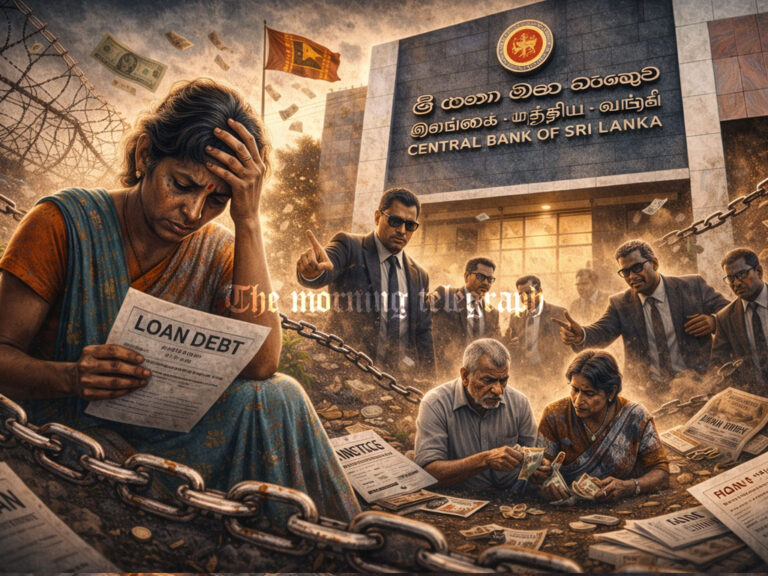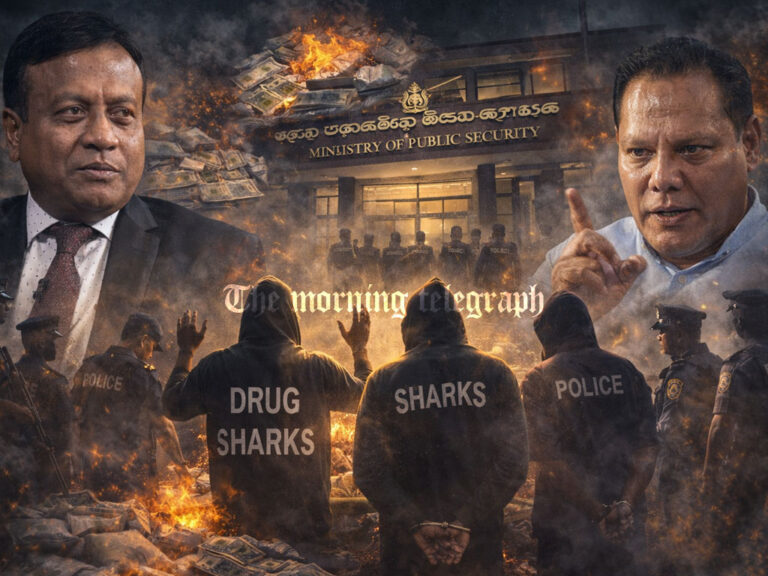
UK politicians have launched a six-week election campaign, with voters set to decide on July 4 whether to end 14 years of Conservative rule and hand the reins to the opposition Labour Party.
Prime Minister Rishi Sunak, in a surprise move, called for an earlier-than-expected election, citing the need for security in turbulent times. He insisted the outcome is not predetermined and vowed to “fight for every vote.” Sunak kicked off his campaign with visits across England, Scotland, Wales, and Northern Ireland.
Labour leader Keir Starmer, the favorite to become Britain’s next prime minister, promised to bring much-needed change after years of political and economic turmoil. “We will stop the chaos,” Starmer declared, urging voters to “end the chaos, turn the page, and rebuild Britain.”
The election call came on the same day official figures showed UK inflation falling to 2.3%, allowing Sunak to claim a key victory in controlling rising prices. However, the decision to hold an early election has been criticized as risky, given the Conservative Party’s recent struggles with economic slumps, ethics scandals, and leadership changes.
Sunak’s announcement outside 10 Downing Street was marred by heavy rain and protesters playing a Labour campaign song. Despite this, he maintained that uncertain times require bold action.
Sunak’s Conservative Party has been in power since 2010 but has faced numerous crises in recent years. Sunak himself took office in October 2022, following Liz Truss’s brief and tumultuous tenure. The election will also focus on issues like the cost-of-living crisis and the handling of migrants crossing the English Channel.
Labour, under Starmer’s leadership since 2020, has shifted towards the political center. Opinion polls currently show Labour with a double-digit lead. An Ipsos poll taken last week put Labour at 41% compared to 20% for the Conservatives.
Voters across the UK will elect all 650 members of the House of Commons. The party that commands a majority will form the next government, and its leader will become prime minister. The election also holds significant implications for the political landscape in Scotland and the potential resurgence of Labour in former industrial heartlands.
As the campaign begins, the country faces a pivotal moment to choose its future direction.




